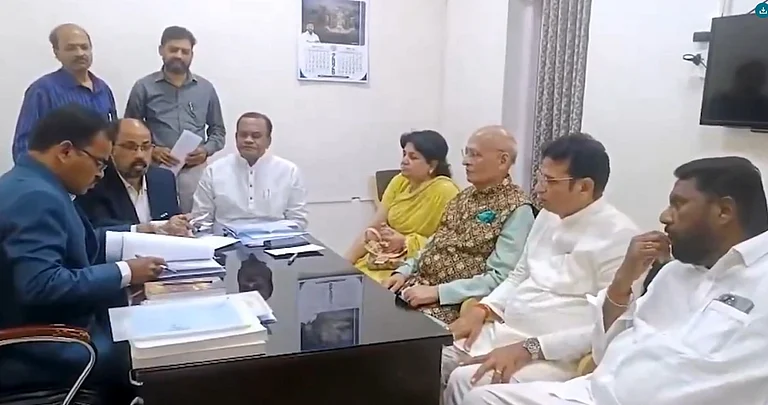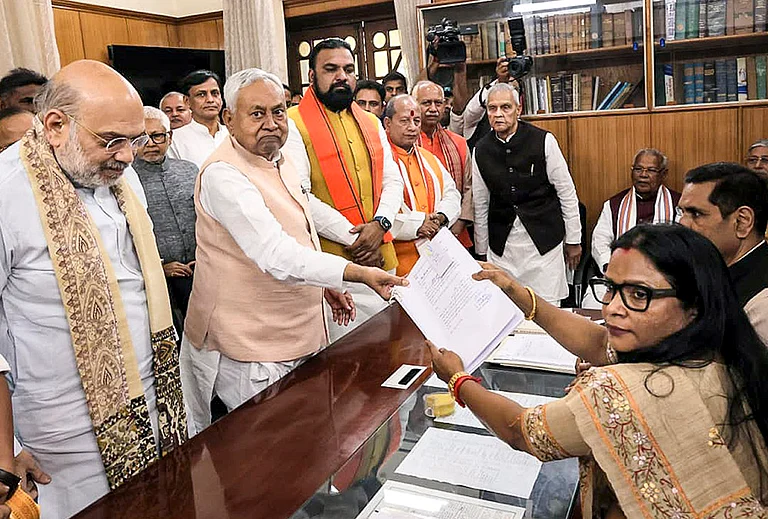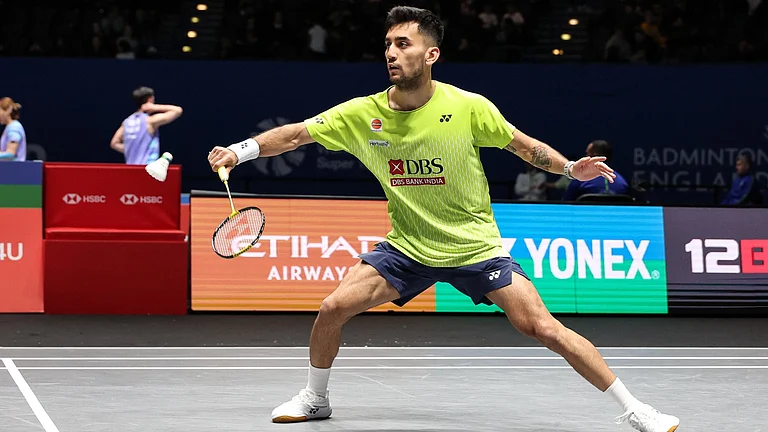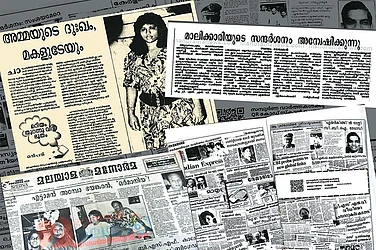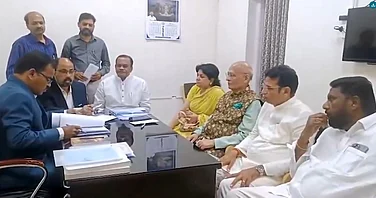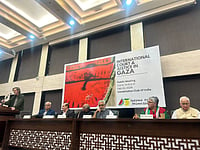As Rajasthan gears up for a tightrope battle between the Congress and the BJP, in the southern belt the politics seem to play on a different note. It seems the big players would face a difficult battle from the two tribal parties -- the Bhartiya Tribal Party (BTP) and Bharat Adivasi Party (BAP) -- that will fight a close contest for the 25 reserved seats in the state.While the BTP has released candidates for close to 23 seats, the BAP has announced 19 from different districts spread across the southern belt of Rajasthan. A total of eight districts in the state have either full or partial areas declared as part of Schedule V areas. The fully tribal areas are Banswara, Dungarpur, and Pratapgarh, while the partly tribal areas constitute Udaipur, Rajsamand, Chittorgarh, Sirohi, and Pali.
According to the lists released by BAP, sitting MLA Rajkumar Roat will be contesting from Chaurasi of Dungarpur and Kantital Roat, a founding member of the BAP will be contesting from Dungarpur.For the tribal parties, the promises of the elections are much different from the concerns of the other districts. While the rest of Rajasthan would like to talk of welfare schemes such as the old pension scheme, the subsidised cylinders, the health scheme and so on, tribal populations are still fighting for their basic rights.Speaking to Outlook, Rajkumar Roat says, “Compared to Indian urban spaces, tribal areas seem to lie behind by almost 100 years. We have not been able to shift our focus from the basic needs of khana, kapre, makan (food, clothing, and shelter). We still look at our politicians with a hope of some development and quality education making inroads in Dungarpur.”
Earlier, these districts of Rajasthan would also be ruled by alternate governments of the BJP and Congress until 2018, when the Gujarat-based Bharatiya Tribal Party was pulled into the state to help the tribal people with political support to rightfully demand their rights. The BTP had won two seats --- Chorasi and Sagwara -- in its first election and finished a close second in some constituencies. Thereafter with shifting political ideology, both the BTP MLAs — Roat and Sagwara MLA Ramprasad Dindor quit the party and joined the BAP which was formed in September. On October 9, the Election Commission allotted the symbol of a hockey stick and ball to the BAP for Rajasthan polls.
However, coming to the present electoral demands, Roat says, “We are not even asking for anything extra other than what has been given to us by our Constitution. Unfortunately, the Central powers never let our society know the importance and need of constitutional reservations - how much are our rights and how much we get!”
It’s the Bhil tribe that is mostly dominant here. Kantilal Roat, one of the founding members of BAP welcomes one to the ‘Bhil Pradesh’ and states that their fight has always been over their lands, “Currently, our ruling governments -- both at the state and Centre --- want to oust all the tribal people from their own lands. What does it take to constantly remind them that we are the oldest natives of this land,” says Kantilal.Leaders here allege how tribals have always been coerced into making peace with less than their deserved rights. Along with seeking recognition of their history and culture, which they feel are being diminished in the face of religious politics, villagers here continue to face severe water challenges as well. The crisis gets worse because they allege that tribals make it to their last list of priorities.“The entire point of reservation was that the oppressed community gets to come to the front. No work has been made for our language and culture. Our main aim has been to work around and for tribals but also others like the schedule caste and OBC.”



